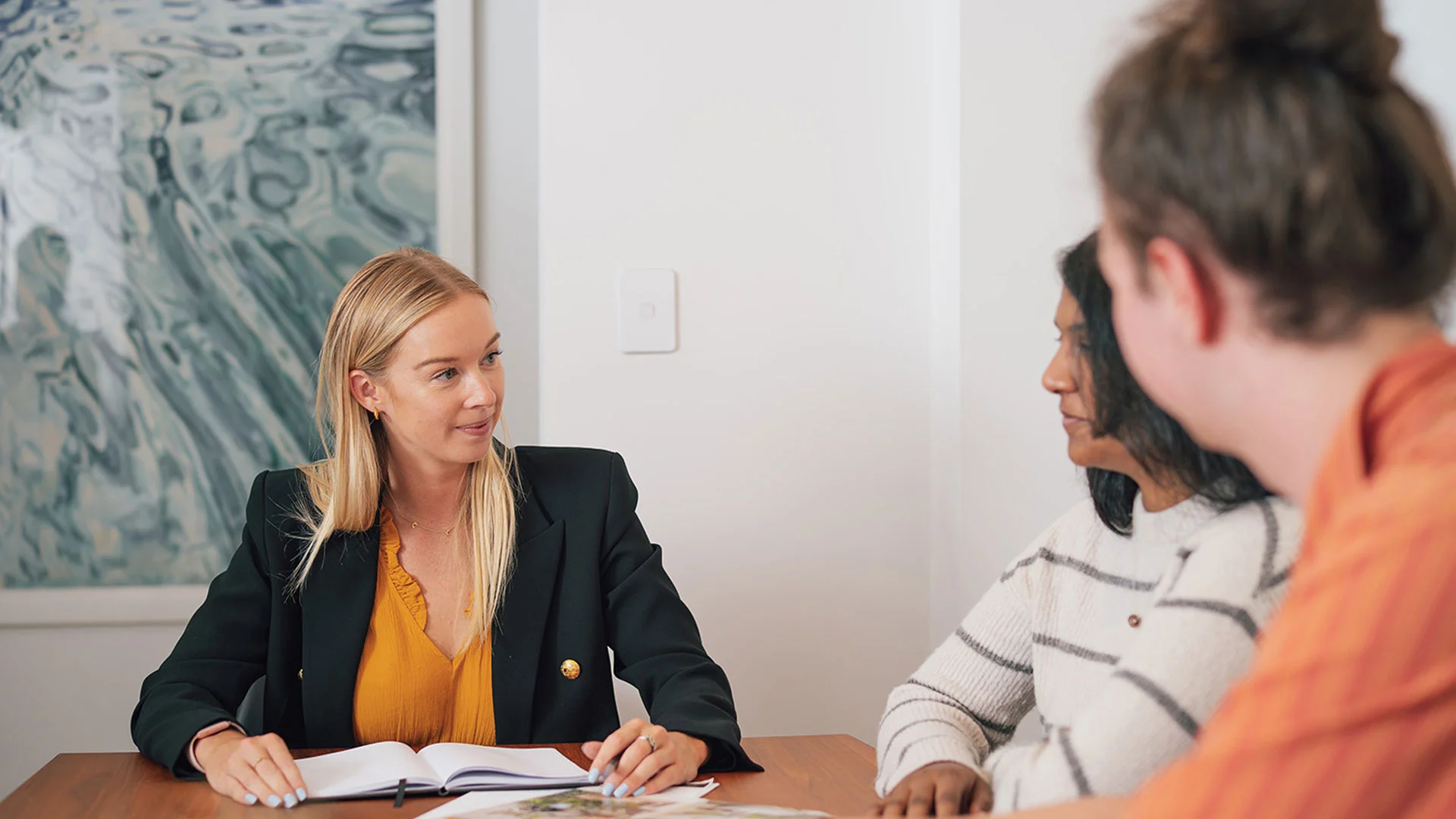Buying guide
Money saving tips to help you reach your home deposit goal
We all start somewhere.
.png)
What you’ll learn:
How much is the average house deposit in NZ?
It's time to grow that deposit nest egg.
How to save money for a house deposit
1. Make a budget (and stick to it)
You won't get anywhere fast without a comprehensive budget.
2. Use your KiwiSaver
3. Automate your savings
4. Look at your subscriptions
5. Assess your utilities providers
6. Combine your debts
7. Control your spending
Author
Other articles you might like








